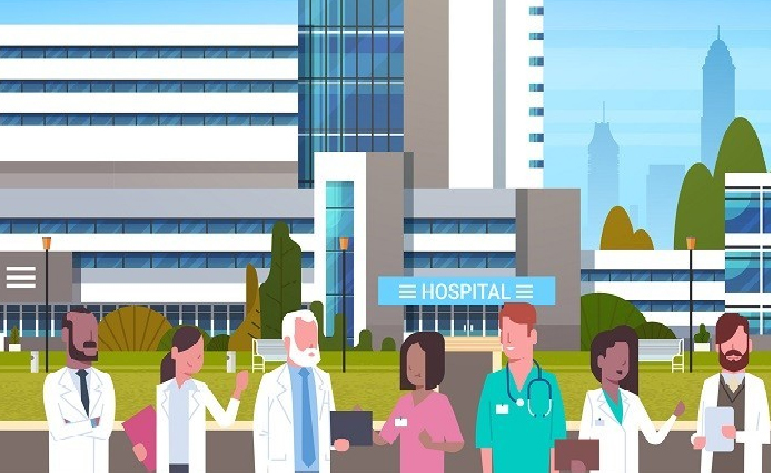5 Recommended Technology Upgrades for Hospitals
Technological advances have changed the way many businesses operate. A hospital can benefit from improvements to its technological resources in a variety of ways. Enhancements can include a better patient experience, more accuracy, higher productivity and better information for treatment. Here are some technology advancements that hospitals should consider.
1. Computer Systems
There are a wide variety of software choices available that hospitals can incorporate to improve their operations and patients’ experience with the hospital. These systems can assist patients in making appointments, accessing records and paying bills. Some software allows video playbacks of encounters with doctors, so treated persons always have access to the information given.
Management software allows hospitals to accomplish a variety of tasks and OSS solutions support the network systems and solutions. All of the systems can be integrated to offer multi-faceted options from the best possible platforms. The software can also provide feedback on the systems to determine what programs are benefiting the hospital and its patients the most.
A hospital’s online presence offers important information to prospective visitors and has turned into the initial access point for many seeking treatment. Providers should invest in excellent website development so that their digital platform is highly functional and helpful for users. The use of advanced components to improve a patient’s experience with the hospital reaps many benefits. Patients will become more engaged in their treatment and see the hospital as a partner in achieving comprehensive wellness.
2. Robots
The use of robots can provide many benefits to a hospital and can assist in a variety of tasks. Innovators have developed machines that can interact with patients and perform basic tasks, such as meal delivery and cleaning. These robots can fill in when there are staffing shortages.
Robotics can also be used to allow physicians to perform surgical tasks via video and can increase precision. Other robots have been developed to decontaminate hospital areas from infectious diseases.
3. 3D Printers
New technologies and uses have abounded for three-dimensional printing. Physicians planning for surgery have traditionally used two-dimensional representations. With new 3D printing applications, physicians can practice with far more accurate models that allow multiple views and measurements not available in a flat rendering. Better preparation for surgeons can result in decreased surgical times and improve patient recovery.
A hospital can also utilize additive processing as a means of production for many different types of supplies that might not otherwise be available. An investment in a 3D printer can allow a hospital to become more self-sufficient for everyday items.
4. Wearable Devices
Tracking patient information can provide valuable data for the treatment and management of a person’s conditions. Various devices are available that a hospital can issue to its customers that monitor vital signs and other critical details. The technology available for wearables includes the ability to transmit the collected statistics to the hospital’s information. Doctors can access the information to make medical decisions for those being treated. With real-time personalized data, a physician can customize treatment. Patient outcomes are better when treatment is individualized and based on current vital signs.
5. Remote Capabilities
Many times patients live a far distance from a hospital. Traveling to a hospital can be difficult for an ill person. A hospital can upgrade its ability to conduct evaluation and case management remotely. Some options include telehealth visits and artificial intelligence chatbots. Hospitals should invest in equipment that allows high-quality video conferencing. In addition, a provider would need a network with internet capabilities that operate at a high speed.
Chatbots offer those seeking treatment critical information. In addition, artificial intelligence can be used as an effective screening tool to assist physicians in determining which persons require more immediate treatment. Hospitals would need to invest in a digital system that employs machine processing to obtain results.
Advancements in technology have led to incredible improvements in multiple sectors of the economy. Healthcare is no exception. Hospitals must continue to upgrade their technology not only to remain competitive,but also to provide exceptional patient care.






























